Features of PARE Course
The objective of PARE program is to foster individuals with four specific characteristics that are essential for global leaders who will be active in resolving challenges related to PARE (Population-Activities-Resources-Environments) in Asia, and able to contribute to the sustainability of resources in Asia. For implementation, Hokkaido University formed the PARE consortium with 6 partner universities in Indonesia and Thailand.
In recent years, attention has increasingly focused on Asian countries, which have been experiencing remarkable economic growth and market expansion, and companies are increasingly expanding their operations on a global scale. Among these countries, Southeast Asian countries such as Indonesia and Thailand are not only rich in natural resources, but also have high consumer potential, and are attracting a great deal of attention from companies around the world for the various business opportunities they offer. In addition, there are many opportunities to utilize Japan’s technological capabilities in Southeast Asian countries where various infrastructures are not yet fully developed. On the other hand, there are differences in religion, culture, and customs among Southeast Asian countries, and there are concerns about the risk of a sudden change in the political situation or business environment in each country. Therefore, in addition to English language skills, companies are looking for promising human resources who understand Asian cultures and customs and have both global sensitivity and expertise.
This course is open to students who have completed the basic courses at the University and wish to participate in the Summer School in Hokkaido and the Spring School at universities in Indonesia and Thailand. We also welcome students who wish to study abroad at partner universities in Indonesia or Thailand for a few months to half a year after participating in the summer school and spring school.
This course is recommended for students who…
- Like the tropics, such as Thailand and Indonesia. Want to experience the tropics.
- Population, activity, resources, and environment are the keywords that ring a bell.
- Want to learn to communicate with students from different backgrounds.
Experience
Graduate School of Agriculture, Frontiers in Production Sciences M1
Ms.YAMAZAKI Miku
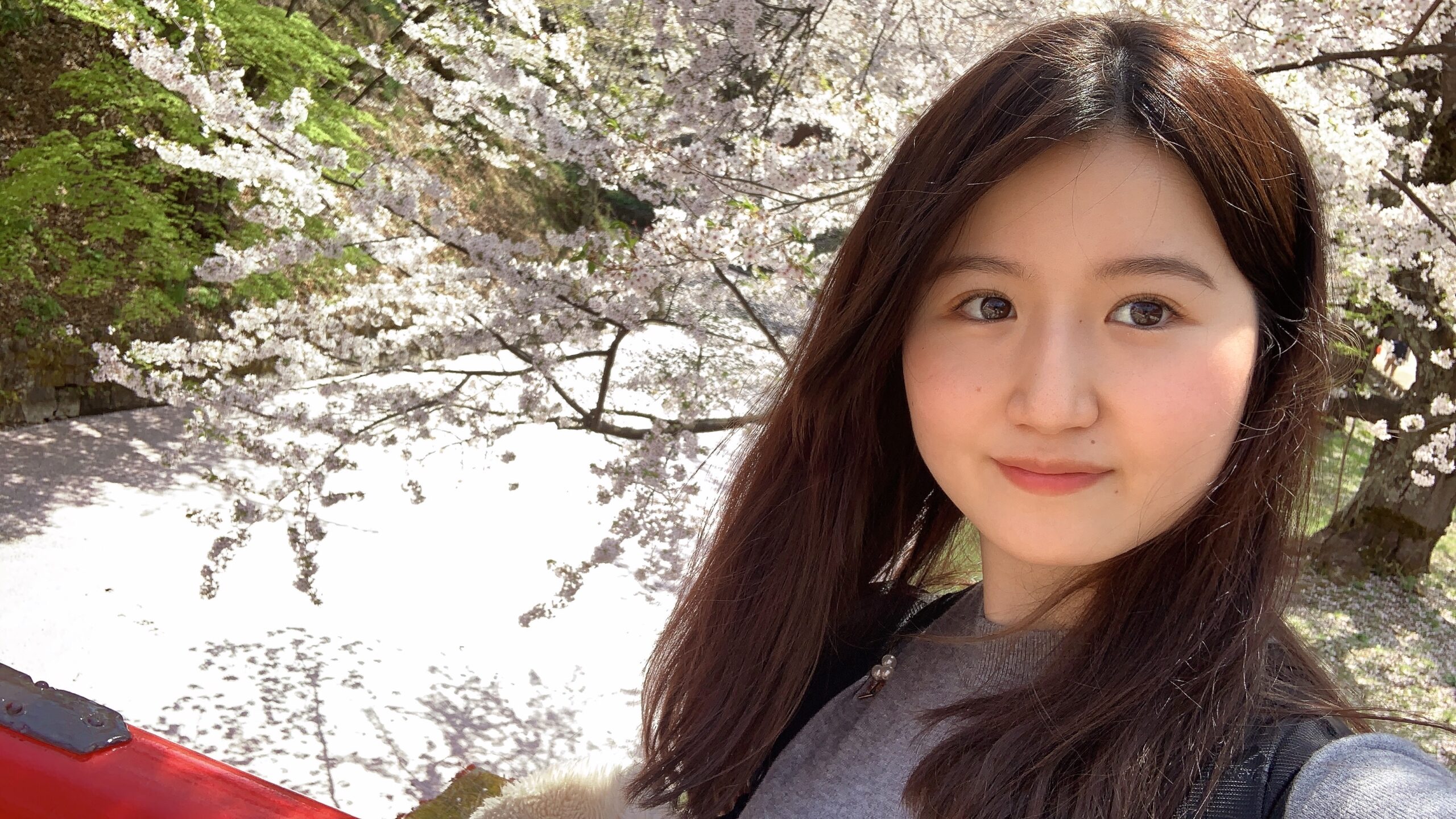
I joined the PARE course because I wanted to discuss world issues with students from a variety of majors and countries. The most important thing I learned was to embrace diversity. Listening to the issues and opinions of different countries through the program gave me an opportunity to think about and understand things that I had taken for granted. I am majoring in plant pathology, and I hope to contribute to food issues in the future. However, food problems cannot be solved by my knowledge or my major alone; they are related to various issues such as poverty, the environment, and natural resources. Therefore, I feel that the ability to incorporate diversity, which I learned through the PARE course, can be utilized to solve food problems, which are becoming increasingly complex. In the future, I would like to challenge myself to study abroad for a long period of time and become a person who can think from even more diverse perspectives.
PARE Professors
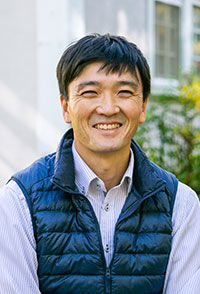
Faculty of Environmental Earth Science
The connection with ASEAN countries will become more and more important in the future, as their populations and economies continue a remarkable growth.
In the PARE fieldwork, students will conduct river water quality surveys to understand the chain of human activities and the environment in the region, identify issues, and develop solutions. During the 2-week program, students can work in groups with other students of different nationalities and specialties and make friendships with other students as well as network with faculty members, which would be very useful in your future.
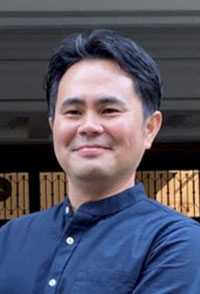
Research Faculty of Agriculture
Yo Toma Prof.

Research Faculty of Agriculture
Hajime Matsushima Lecturer.
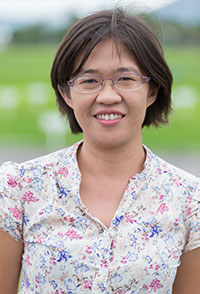
Research Faculty of Agriculture
Maria stefanie Dwiyanti Assist. Prof.
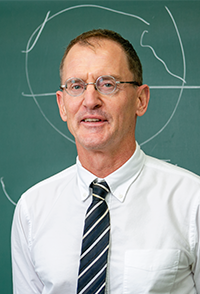
Faculty of Fisheries Sciences
John Richard Bower Assoc. Prof.
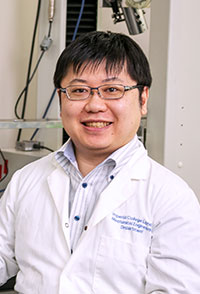
Faculty of Engineering
Ryo Takeda Assist. Prof.

Faculty of Engineering
